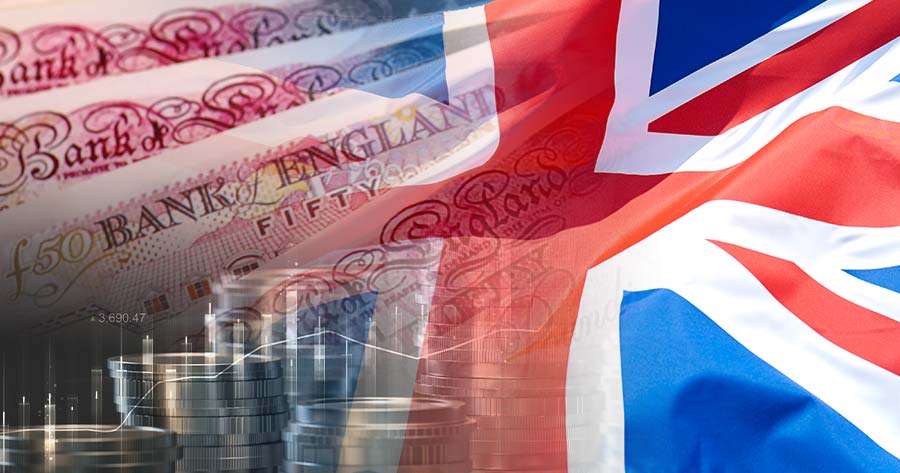The latest figures from the Office for National Statistics (ONS) show that U.K. inflation eased to 3.6% in October, aligning with economists’ expectations and down from 3.8% in September. Core inflation, which excludes volatile categories such as energy and food, also fell slightly to 3.4% from 3.5%.
According to the ONS chief economist Grant Fitzner, the main drivers behind the slowdown were more modest increases in gas and electricity costs, following adjustments to the Ofgem energy price cap, and a dip in hotel prices. These factors counteracted upward pressure from rising food prices and growing costs for business raw materials.
The Bank of England (BOE) had predicted inflation would peak at 4% in September and then begin tapering off. With economic growth remaining subdued at just 0.1% in the third quarter, many analysts expect the central bank may soon cut interest rates, potentially as early as its December meeting.
Attention is now turning to the U.K. Treasury’s Autumn Budget on November 26. Analysts believe new tax increases could further ease inflation, and the budget’s details will significantly inform forecasts for 2026. Deutsche Bank’s chief U.K. economist anticipates that modest government measures could help lower prices further.
From the release of the inflation data onwards, investment strategists noted that the results bring welcome relief for Chancellor Rachel Reeves and may encourage the Bank of England to reduce rates before the holidays.
Experts see an 80% probability of a 0.25 percentage point rate cut in December, but future moves will depend on the policy choices set out in the Autumn Budget and the persistence of broader price pressures—especially wage growth, which remains elevated relative to productivity.





